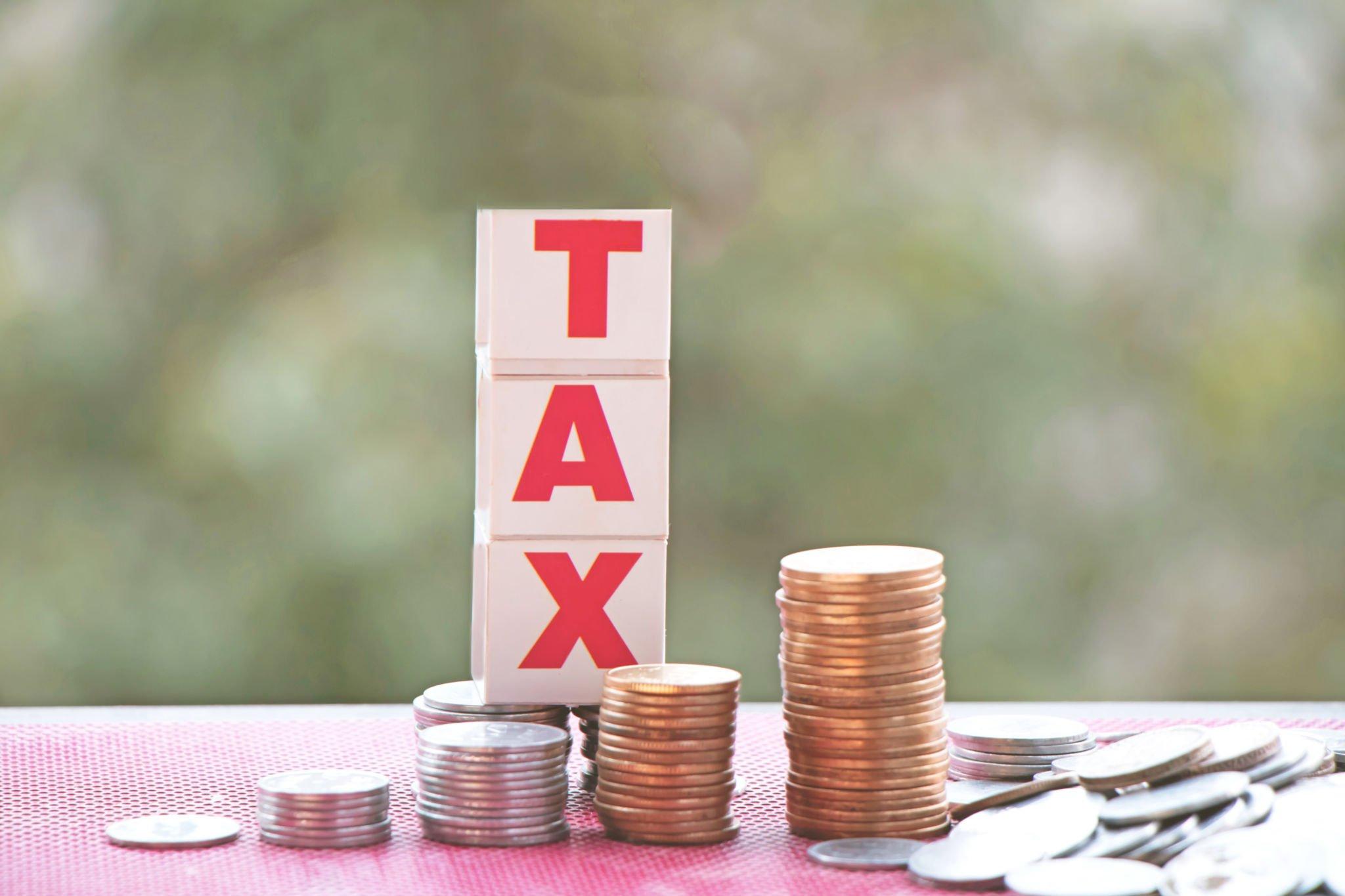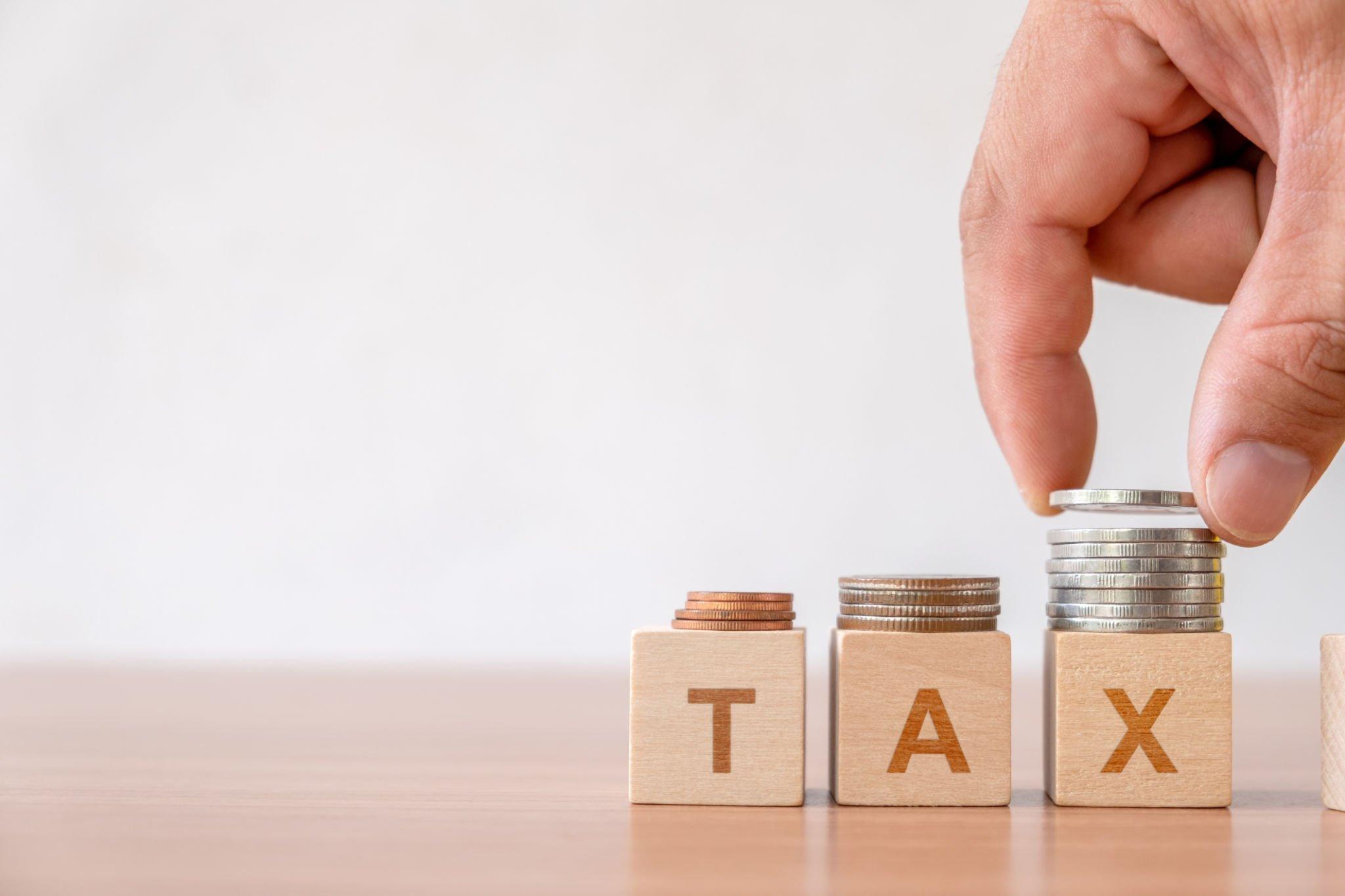There is a set of goods and services that economists classify as non-exclusive consumption (there are no means to prevent them from enjoying it) and, therefore, since there are no incentives for the market to offer them, it is the state that does.

We refer to public education and health, care for dependents, infrastructure, collective security, care for the environment, conservation of shared heritage, etc. For this, and since they will be the ones who will enjoy them, the state needs citizens and companies to contribute to their support through the payment of taxes.
The higher the level of public services it offers, the greater the financial pressure that the government exerts on its taxpayers, Propery Taxes Past Due although in most countries the principle of progressivity is applied: taxes must grow more than proportionally concerning the economic capacity of the tax subject.
This principle fits perfectly with another of the objectives to which fiscal policy also contributes: income redistribution and equal opportunities. However, one thing is that the obligation to contribute arises and another is that it is fulfilled. Some citizens and companies try to escape this obligation and, therefore, the law provides inspection and sanction mechanisms to avoid fraud and tax evasion.
Frequently, with recent cases such as that of Minister Pedro Duque and somewhat further away in time such as that of former Minister Rafael Catalo, we also know that it seeks to avoid or reduce the payment of taxes through options that without going directly against the law, have A problematic justification.
For example, it is used that the type of corporate tax is lower than that of the income tax of individuals for high incomes to create fictitious companies that channel such income or are looking for tax addresses that offer certain advantages even when the valid residence It is more than doubtful.
Undoubtedly, getting these practices eradicated should also be one of the objectives to be pursued by the rulers as an element of improving fiscal policy.
Objective: improve the economy
Another aim of fiscal policy is to improve the functioning of the economy by promoting certain behaviours in economic agents (for example, taxes on gasoline seek to reduce pollution levels) but also to soften the effects of crises.
Now that we are approaching 20 years after the birth of the euro and with a non-existent monetary policy at the national level and limited at European level due to low-interest-rate values, this second aspect has become much more relevant than That had been until then.

From this perspective, it is customary to distinguish between two components of fiscal policy: automatic stabilisers and discretionary measures.
Automatic stabilizers act immediately in the face of a change in the situation: on the one hand, in a period of recession tax revenues are reduced due to the fall in economic activity and the consequent closure of companies and loss of jobs and, on the other hand, public spending increases when faced with a more significant number of unemployment benefits and additional social assistance linked to the fall in income of citizens.
Public deficit and new taxes
When the expenses exceed the income, the dreaded federal debt appears and the need to borrow to meet the commitments acquired. On the other hand, the opposite occurs in a period of expansion: expenses are reduced and revenues increase, thus facilitating the balance of public accounts.
However, governments can also try to take specific measures such as the creation of new taxes, Propery Taxes Past Due the modification of tax rates or the reduction or elimination of certain subsidies to deliberately alter the operation of automatic stabilisers. In one way or another. These are discretionary measures.
In early 2008, most governments (and Spanish very clearly) adopted expansive discretionary measures to face a crisis that was less serious than it ended up being. As you well know, this situation resulted in increases in the public deficit and public debt (and the risk premium) that later had to be corrected through what are known as “austerity measures”.
Anti-crisis measures
In this sense, there is today an interesting academic debate about why the expansive rules adopted at the beginning of the crisis did not work and what is the “real” multiplier value of public spending , that is, the ability of federal expenditure to generate demand on other sectors of the economy and that in turn drive other activities. Other authors, on the other hand, argue that there are other factors to consider.
The electoral imperative
On the one hand, the inability of governments to “properly diagnose” the real situation in which their economy is. In a world where big data is changing the way consumers and businesses work, the public sector should also incorporate tools of this type to understand the state of the economy better and be able to take appropriate economic policy measures to that situation.

On the other hand, other authors argue that the real problem is that the electoral cycle interferes with the decisions of governments when adopting discretionary measures: one thinks more in terms of votes than in what is essential for the medium and long term country. Hopefully, despite weak parliamentary balances, our rulers do not yield to measures of a clear electoral cut.yield to measures of a clear electoral cut.









